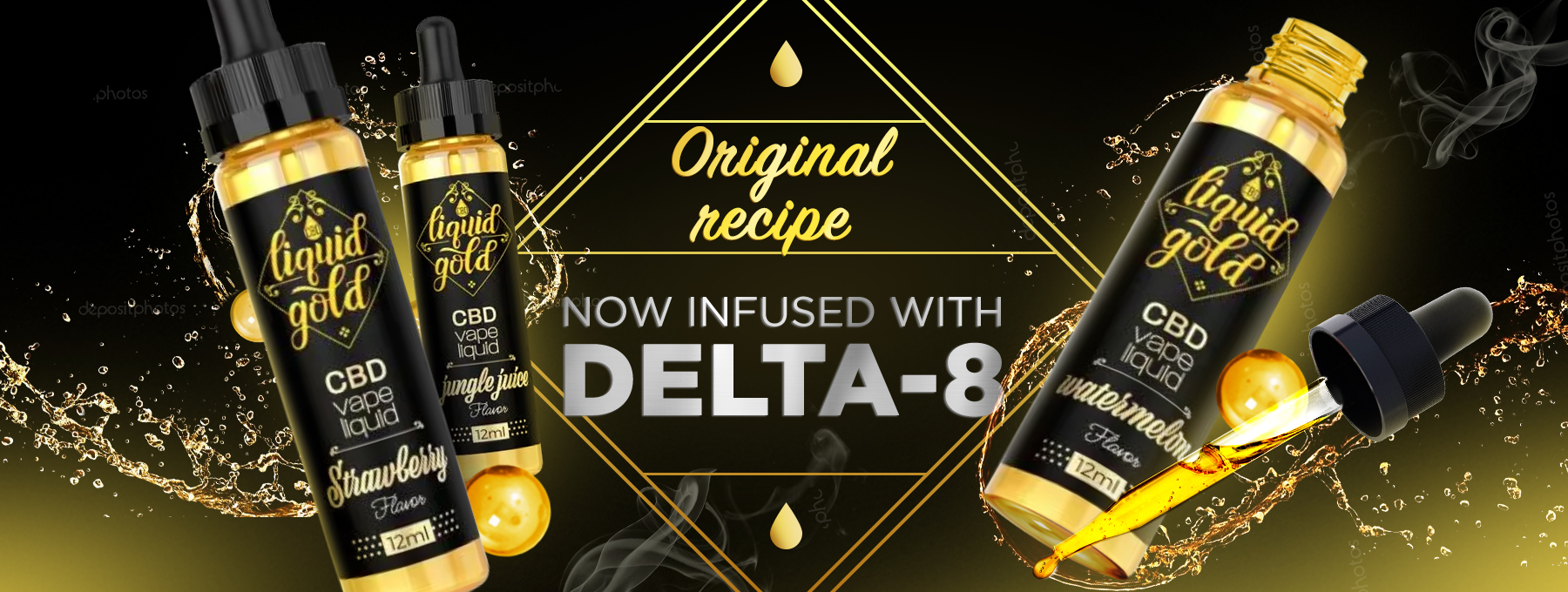What is Tinnitus?
Tinnitus, at its core, is the perception of noise or ringing in the ears, a condition that affects millions worldwide. However, it’s essential to understand that tinnitus is not a condition in itself but rather a symptom of underlying conditions like ear injury, circulatory system disorders, or age-related hearing loss. The sounds people hear can vary, leading to categorization into types like subjective tinnitus (only the patient can hear) and objective tinnitus (the noise can be heard by someone else, typically a doctor).
Causes and Triggers
While the exact cause of tinnitus remains a topic of research, several known factors might trigger or exacerbate it. Common causes include prolonged exposure to loud noises, which can damage the tiny sensory hair cells in the ear. Additionally, blockages caused by earwax, age-related hearing loss, or even certain medications can be culprits. Some triggers, like stress or caffeine, can amplify the intensity or perception of the sounds, making the condition more distressing for the individual.
Current Treatment Options
Treatment for tinnitus varies based on its cause. In some instances, medications, especially those causing tinnitus as a side effect, can be adjusted or replaced. Sound therapies using external noises to mask the patient’s perception of tinnitus or train the brain to ignore it have shown promise. Cognitive Behavioral Therapy (CBT) also serves as a robust method, helping patients alter their perception of the distress caused by tinnitus, effectively reducing its impact.
Cannabidiol (CBD)
Cannabidiol, or CBD, is a naturally occurring compound found in the cannabis plant. It has surged in popularity due to its potential therapeutic benefits without the “high” commonly associated with its counterpart, THC. Derived from hemp, a type of cannabis plant with low THC content, CBD is now incorporated into a multitude of products, ranging from pain relievers to anxiety reducers.
Exploring CBD’s Potential for Tinnitus Relief
Studies and Research
The intersection of CBD and tinnitus relief remains a budding area of research. Some studies suggest that CBD might aid in reducing anxiety and improving sleep, both beneficial for those grappling with tinnitus. However, it’s crucial to note that direct evidence linking CBD to tinnitus relief is still scant, necessitating further investigation.
Anecdotal Evidence and Personal Experiences
While research may be in its infancy, countless individuals have taken CBD in hopes of tinnitus relief. Some report a decrease in intensity or distress associated with the ringing, attributing it to CBD’s calming effects. However, others notice no change or even occasional exacerbation. It’s a testament to the varied responses and the importance of individualized approaches.
Risks and Side Effects
CBD is generally well-tolerated, but like any substance, it may have side effects. Commonly reported side effects include fatigue, changes in appetite, and diarrhea. For tinnitus patients, it’s pivotal to consult with a healthcare professional before embarking on a CBD regimen, especially given the potential for interactions with other medications or underlying conditions.
How to Use CBD for Tinnitus
Forms of CBD Available
CBD’s versatility is evident in its myriad forms. Oils and tinctures can be taken sublingually (under the tongue) for quick absorption. Capsules and pills cater to those seeking controlled dosages, while creams and lotions target localized relief. Lastly, edibles like gummies or chocolates offer a tasty alternative, though the onset time might be longer.
Recommended Dosages and Frequency
For newcomers to CBD, starting with a low dosage is paramount. The body’s response can be monitored, and dosages adjusted gradually based on effects and needs. It’s essential to remember that everyone’s body is different, and what works for one person might not for another.
Choose Leaf Alleviate – Your Go-to CBD Shop Online
CBD presents a compelling avenue worth investigating. While research continues on its efficacy for tinnitus, many already vouch for the broad-ranging benefits of CBD. If you’re contemplating integrating CBD into your wellness routine, it’s pivotal to choose quality products from trusted sources. Leaf Alleviate offers an extensive range of premium CBD products that could be a part of your solution. Shop now!
FAQs
Q: What is the most effective treatment for tinnitus?
The most effective treatment for tinnitus can vary from person to person. It’s essential to consult with a healthcare professional who can assess your specific situation and recommend appropriate therapies, which may include hearing aids, sound therapy, or cognitive behavioral therapy.
Q: Which oil is best for tinnitus?
While some people find relief from tinnitus symptoms using essential oils such as lavender or lemon, it’s crucial to note that scientific evidence supporting their efficacy is limited. Always consult with a healthcare professional before using any oils for tinnitus, as individual reactions may vary.
Q: How can I naturally cure tinnitus?
Natural approaches to managing tinnitus include practicing stress reduction techniques, maintaining a healthy lifestyle, and avoiding loud noises. However, a comprehensive and personalized plan should be discussed with a healthcare provider to address your unique needs and circumstances.











